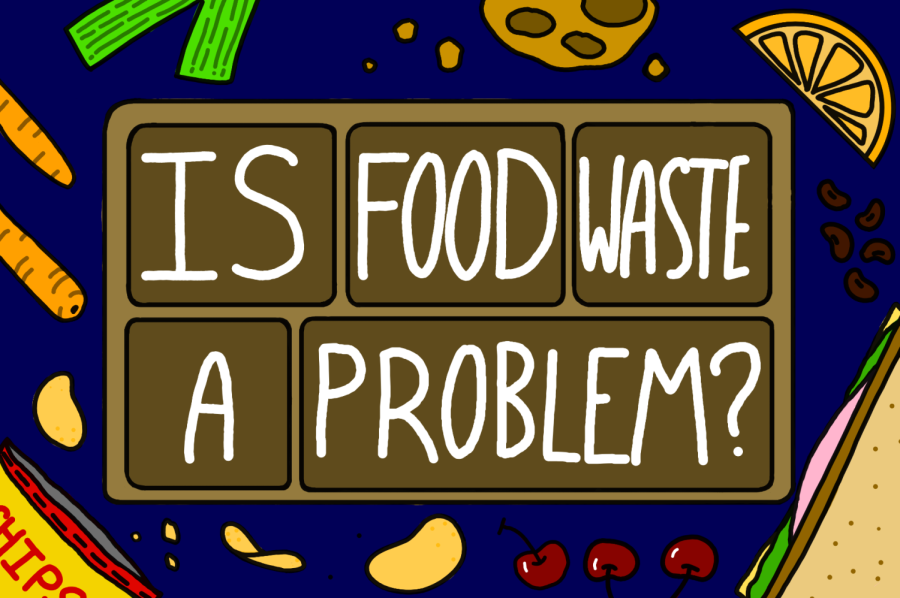Is Food Waste a Problem?
December 15, 2022
Lunch period, the time of day where people can rest, fill their stomachs, and prepare for the rest of the day. You take out your sandwich and take a few bites before getting distracted by a nearby conversation. At the end of the break, you look at your half-eaten sandwich and decide it wasn’t worth eating anymore and throw it in the trash. It’s just one sandwich after all, right?
Creek students regularly bring food from home or buy food from nearby restaurants, which means more food is being regularly wasted.
“I usually don’t eat everything [because] I usually pack more than I need,” said freshman Bear Brickley. “I eat most of my food, but at the end of the day, I’ve definitely thrown away a lot of food.”
Food waste is considered one of the biggest problems in our lives, with varying levels of severity around the world. However, this doesn’t mean that nothing is being done to solve this problem.
In an attempt to counter food waste, Creek began to implement methods to better the environment.
“We work with the higher standards of hygiene in our kitchen as the health of our students is our priority,” Creek kitchen manager Julia Godinez said. “We try to offer delicious and healthy meals every day. We have a variety of meals to offer so they can choose the meal of their preference.”
With a school as large as Creek, food becomes a larger job to tackle for the various staff involved in all aspects of catering, but that doesn’t stop them from providing adequate amounts of food for the students.
A system is in place to calculate the amount of food bought per day by students via ID scans in the queue. Through this, the catering staff can approximate how much food is required each day without any students going hungry.
“It is very important to have as little quantity of waste as possible,” Godinez said. “I take in consideration last week’s numbers to make sure that we don’t have a lot of waste.”
In Colorado alone, about 40% of food produced is wasted according to the Natural Resources Defense Council. For an average family of four, that’s about $1,345 to $2,275 wasted in a year.
Creek’s kitchen staff not only tries to reduce food waste but also promotes healthy eating.
“We are proud to be part of Cherry Creek’s students’ daily lives,” Godinez said. “Offering them healthy and delicious meals every day so they can have the necessary energy to have a successful day and in the long run a successful life.”






















